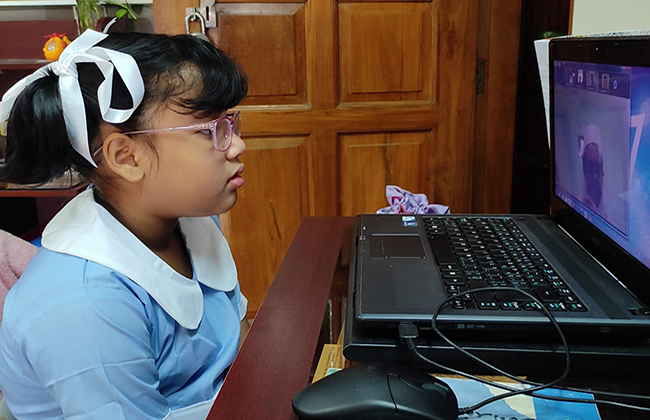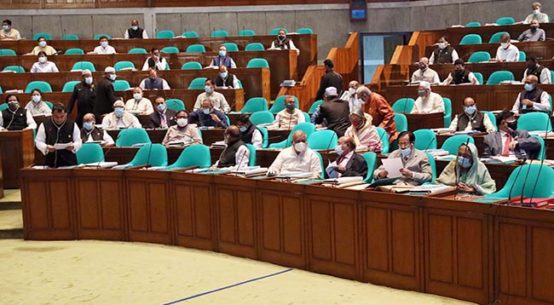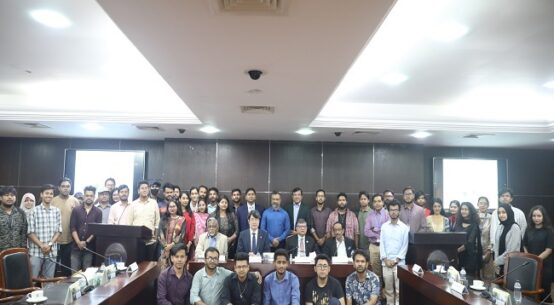
It is quite obvious that Covid is not leaving us so easily. The United Nations also says it could be staying in the world as a seasonal disease. Hence, it is normal to have a small number of Covid patients in Bangladesh throughout the year. And if that is the case, will the educational institutions be closed forever? Certainly not. It cannot be claimed that the economic, social and political damage caused due to the school closures for more than a year has made the policymakers think so much. Because, there is a multidimensional aspect of education, and the loss owing to closure of educational institutions cannot be easily measured.
Due to the pandemic, governments around the world had to decide to close educational institutions in all regions of Asia, Europe, America and Africa. However, relatively developed countries at one stage took an initiative to continue the study of students from home with the help of information technology. However, the overall achievement of education is not possible through information technology alone. Again, it is not possible for a country lagging behind in information technology to utilise that facility.
In the wake of the pandemic, most countries around the world are defensive in opening educational institutions. For all those days, the decision to open a limited number of educational institutions in different countries had been taken in an effort so that the number of infections did not grow. Again, when the rate of infection increased, the educational institutions had been closed. Schools in Japan have been open for a long time. Students are instructed to take temperature tests, maintain physical distance and wear facemasks. The government has made an arrangement for open-window classrooms. In Norway, kindergartens had been announced open since April last year, with an arrangement of not keeping more than 15 students in a classroom and washing desks regularly. A number of pre-school, elementary and secondary level educational institutions were opened in France last year. Sitting and other safety measures are maintained alongside social distance in classes.
We also need a long-term plan after opening our schools and colleges. First, we will have to think about our immediate needs. If the situation is suitable to bring back the pace of education, opening schools and colleges at this moment will be a positive decision. But if Covid comes back again and the outbreak of the third wave arrives, the institutions will have to be closed again.
Our big challenge now is to maintain continuity with the education system amid the crisis. And it is very important. Distance learning is now widely used in the developed world. Numerous educational apps have been discovered to ensure distance learning, with which it is very easy to provide and receive education from home, even during the lockdown period. Students from middle-class families in at least one city may be covered in this programme. There are many poor families in our country. The government needs to design a plan keeping in mind the students of those families. In the case of schools and colleges, classes can be continued two to three days a week for a specific class. In this way, it is possible to avoid large crowds at the same time.
A specific plan and guideline is necessary to keep the virus under control as well as prevent infection before the schools open. Guidelines will be different for each type of educational institution. Prevention and control teams should be formed in every organisation. And they should be finalised after clarifying things about transportation services for students, handwashing arrangements at the time of entering schools, their seating arrangements etc. after all, the decision to open educational institutions should be taken after reviewing the rate of infection.


